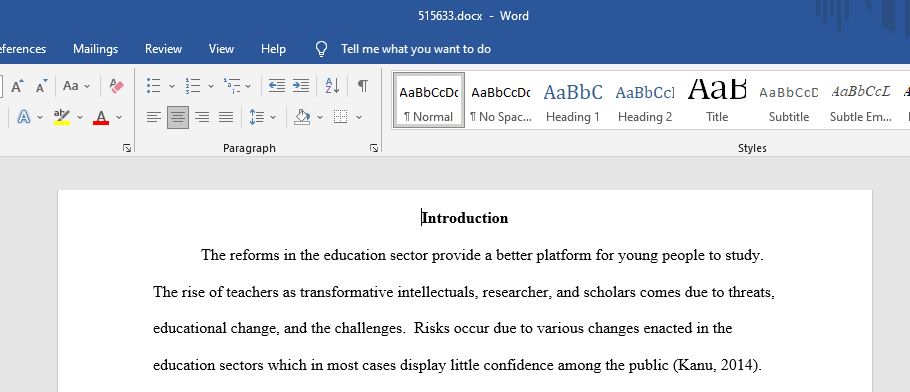Understanding critical educational debates in Australia and internationally
- Type of assignment:Essay
- Academic level:University Level, Master’s
- Referencing style:APA
- Number of sources:30
- Subject:Education
- Client country:Australia (UK English)Assignment extract:
Dear writer,
In this unit you have done assignment 1 poster and assignment 2 case study about “homework issue” and this is my 3 assignment. I have attached the assignment requirement 3, assignment criteria, powerpoint about how to write essay, voice mp3, please listen for the explanation of the assignment 3 AND I attached
some resources you will need them in part 1 under name week 1 week2 week3.Thank you, please do your best and if you have any questions just ask me - Title: Assessment task 3: Investigative essay
Assessment task link to unit learning outcomes:
1. understand critical educational debates in Australia and internationally
- identify how research conversations are structured
- critically evaluate different contributions to educational debates
- develop the capacity to contribute to educational debates using a variety of approaches
- develop identities as knowledgeable commentators in education.
Details of task: You are to write a 4000 word essay exploring the notion that educators should be transformative intellectuals, researchers, scholars and /or activists. You should explore this notion in relation to one contemporary educational debate or issue. Your essay should consist of the following two parts:
should include: A discussion of the notion of educators as transformative intellectuals, researchers, scholars and/or activists, as opposed to just passively enacting policies handed down from the ‘above’.
The readings from weeks 1-3 of the course will be a good starting point for this discussion. (I attached all the readings from week one to week 3).
Your discussion should consider what it means for educators to act as transformative intellectuals, researchers, scholars and/or activists. That is, how would such educators behave and what might be the potential implications of this for the educators themselves, as well as for other stakeholders, such as schools, other education providers, government, and the local and global community?
You may also like to consider how such educators would, themselves, need to be educated.
You should also consider the difference between being a commentator, critic and advocate? Can you be all three? Are these roles incompatible or well aligned?
Drawing on your discussion in Part 1, you should outline a response to a significant contemporary educational debate or problem. That is, your response to the debate should exemplify the argument you make in Part 1 about what it means to be an educator.
The contemporary debate you examine can be related to the issue you examined in assignments 1 and 2 and/or a case study we looked at in weeks 7-12 of the course or another educational debate of your own choosing (Please discuss this with one of the lecturers). But I prefer to write about my issue in assignment, one and two which was homework issue.
You should outline the contemporary education debate, clarifying why it is a significant problem. You should outline at least one response to this debate. This response may consist of the research or arguments of particular individuals, such as academics, teachers, students or social commentators. The response may also consist of actions, policies or reports from particular organizations.
You should evaluate this response, saying why you think is an exemplary instance of action on their issue. Outline any possible limitations with the response. Feel free to critically compare this response to alternative responses or to integrate it with other responses, if this helps highlight the strengths of the response or improves the response.
Presentation requirements:
See details and instructions above, this is an essay. Individual assessment in group tasks: This is an individual assignment. Criteria for marking:
- Strength and clarity of argument about what it means for educators to be transformative intellectuals, researchers, scholars and/or activists (Part 1) (30%)
- Consideration of the difference between being a commentator, critic, and advocate (15%)
- Identification and articulation of a significant contemporary educational debate (15%)
- Articulation and evaluation of at least one response to the chosen contemporary debate, specifically the extent to which the response is shown to exemplify the notion of an educator argued for in Part 1 (30%)
- Research, structure, writing and referencing (10%)
Answer preview:
Word: 4,900

